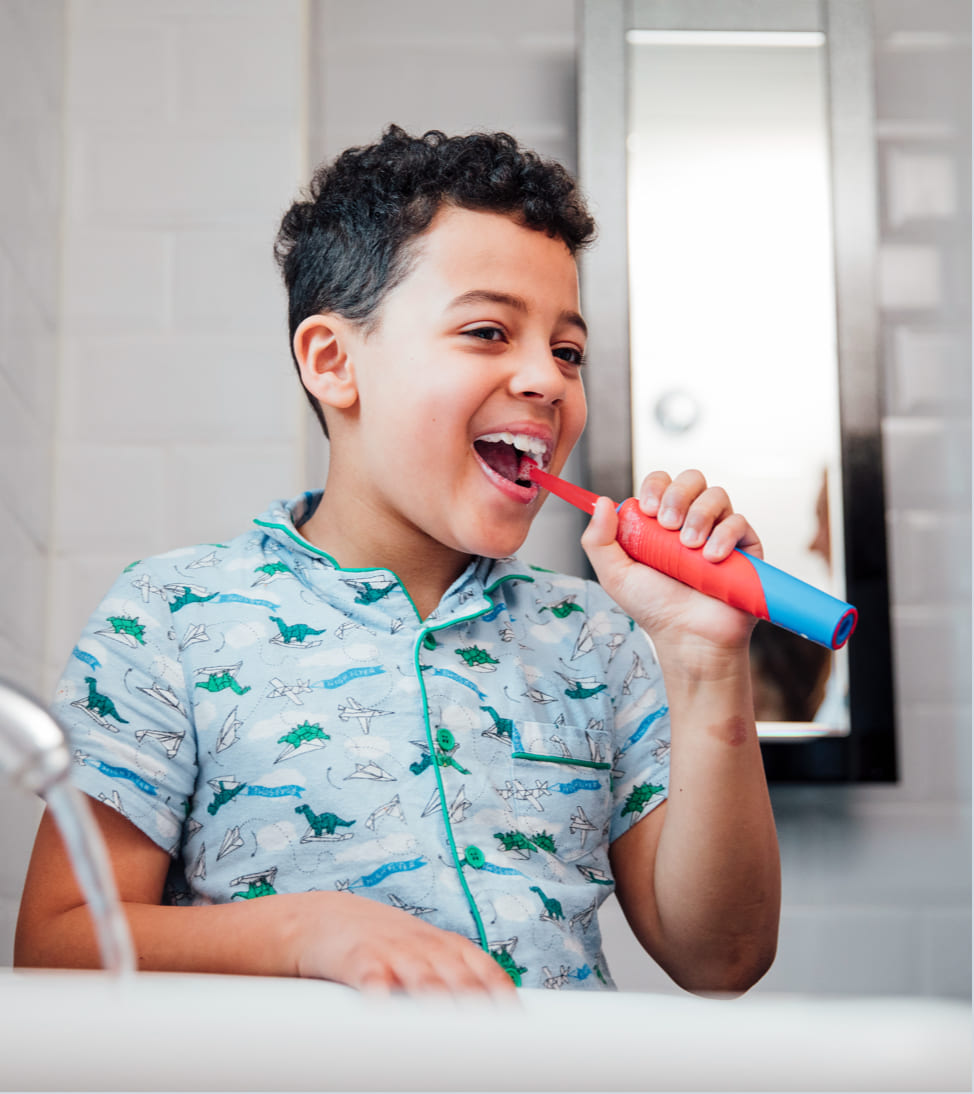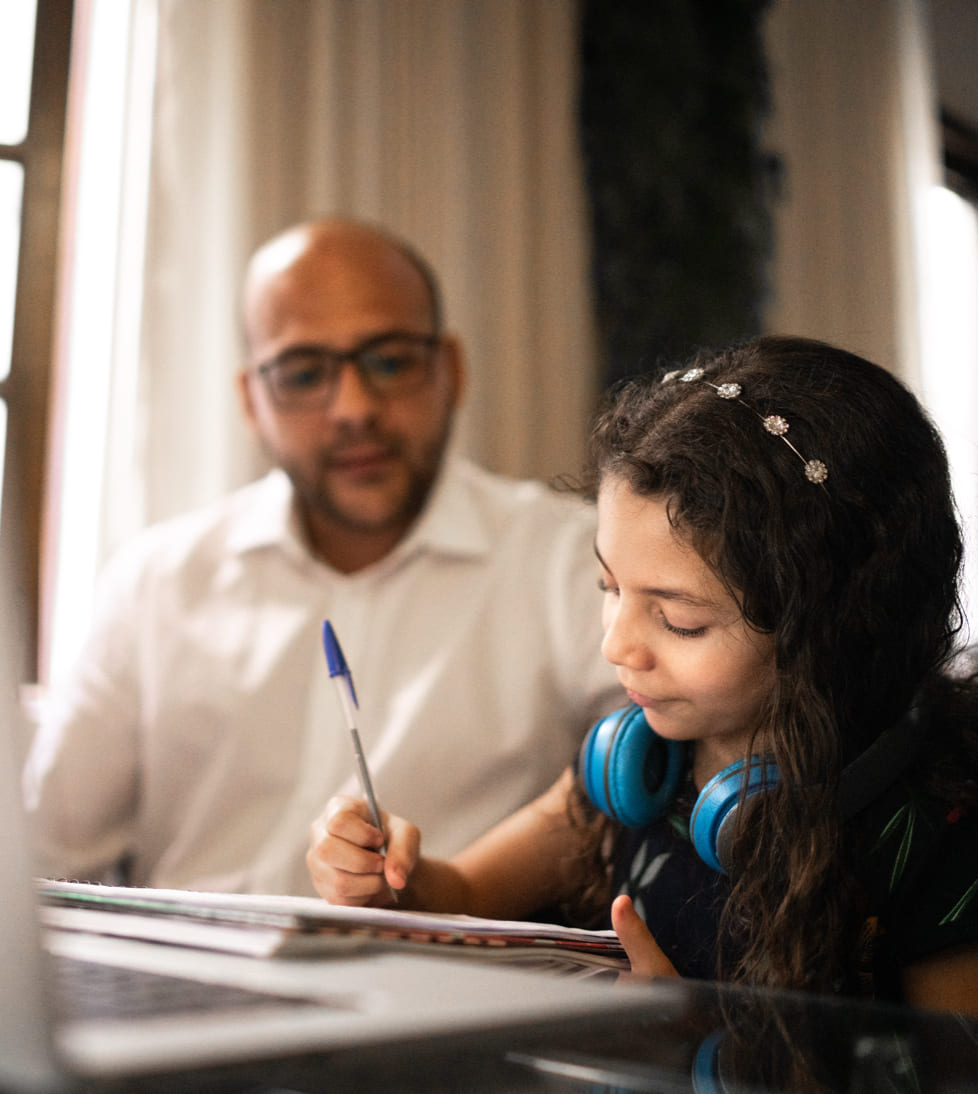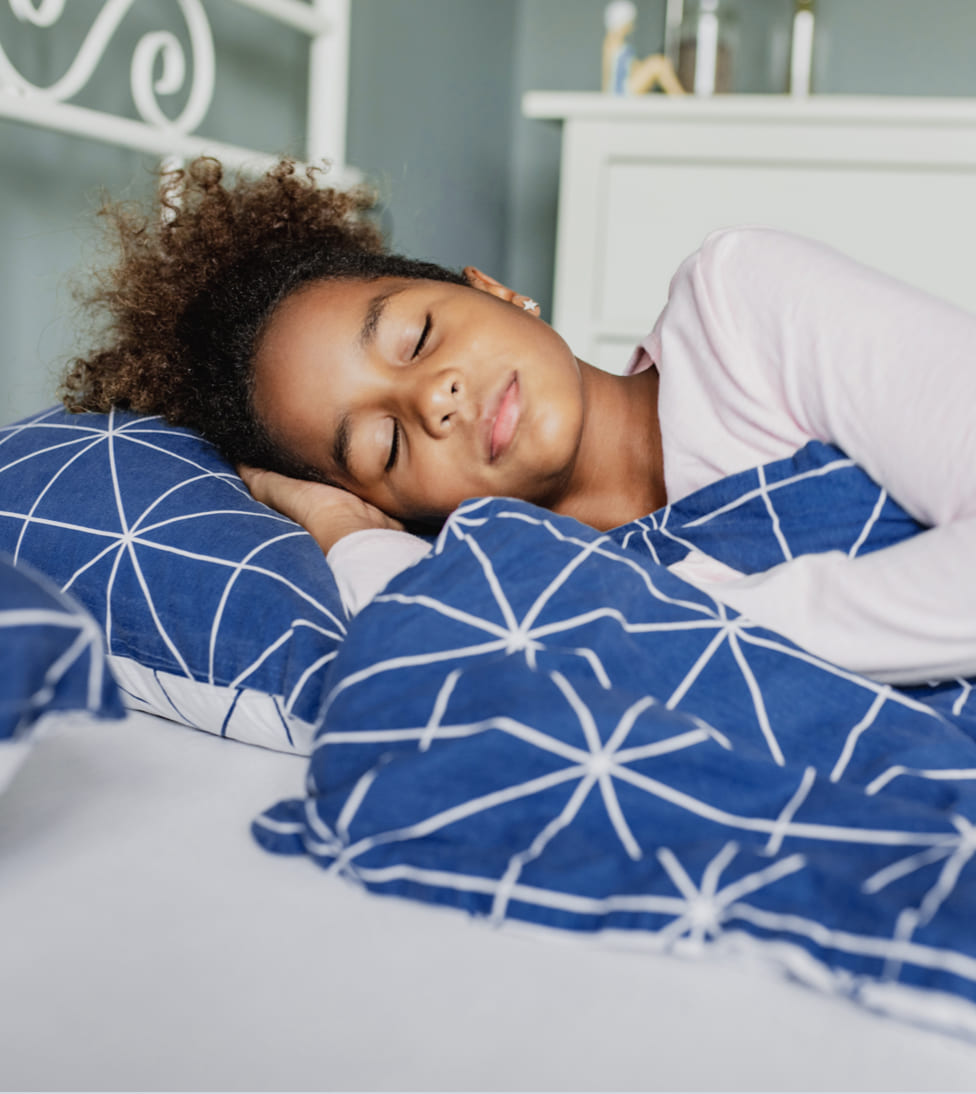Coping strategies for Children with ADHD (& Their Caregivers)
First, for the parent/caregiver whose child has ADHD

The demands of parenting a child with ADHD can be exhausting—both physically and mentally. It’s easy to get caught up in a cycle of frustration, anger, and guilt (topped off with a healthy dose of feeling anxious and stressed as a result).
The best thing for a child (or teen) learning to manage ADHD is to live in a home that provides them with both love and structure. Staying positive and healthy yourself can make this much easier.
- Maintain a positive attitude. It’s easier to connect with your child when you are calm and focused.
- Hold on to your sense of humour and try to keep things in perspective.
- Don’t sweat the small stuff, let go of perfectionism, and be willing to make some compromises.
- Believe in your child and remind yourself daily of their unique, positive value.
- Look after yourself. Stay healthy and take breaks by enlisting help from friends/family.
- Remember to seek support. You don’t have to do it alone; talk to your child’s doctors, therapist, and teachers, and look into local or online support groups.
- Shrug off negativity. Not everyone in your social circle will understand your ADHD child but don’t let that deter you from being your child’s biggest support and cheerleader!
To better help your child with ADHD cope day to day
It’s important to establish structure and stick to it. Set clear expectations and rules.
- Follow a routine by setting a time and place for everything, including simple and predictable rituals for meals, homework, play, and bed.
- Consider placing clocks and timers throughout the house.
- Simplify your child’s schedule.
- Make time for unstructured play and exercise outdoors—fresh air and sunshine are important for all children.
- Create a quiet, private place of their own.
- Have an understanding around electronics. Your child should be off all screens at least an hour before bed. Keep electronics out of their bedroom and recharge them overnight away from your child. These habits will pay off in adolescence.
- Build their confidence. Offer support, feedback, and positive reinforcement.


ADHD in the classroom
- Foster a good relationship with your child’s teacher and principal. Ask to be informed of assigned work so you can help your child organize and complete tasks in a timely manner.
- Ask if your child could be placed closest to the teacher’s desk, or be placed next to quiet, hard-working peers. Sitting at the front of the class will help minimize visual distractions of other students.
- Ask permission for your child to stand and stretch periodically when appropriate.
- Communicate any strategies that have been effective at home to your child’s teacher (e.g., clear breakdowns of assignment tasks, posting routine schedules, using a personal timer, reward systems, etc.).
Virtual schooling with ADHD
- Help create a distraction-free environment (remove visible desk clutter, put up a room divider or curtain if in a shared space, use noise‑cancelling headphones, white noise, etc.).
- Provide quiet fidget tools that won’t disrupt a virtual lesson.
- Help them set timers and reminders to keep track of class start times.
- Update and post a daily schedule in a single, predictable place.
- Help break down work and tasks into manageable “chunks.”
- Encourage regular brain and body breaks away from the computer, which are critical for maintaining focus.
- Ensure their treatment plan continues to be followed daily, whether learning is in-person or virtual.


Healthy sleep habits for kids with ADHD
- Stick to a consistent sleep schedule, even on the weekend (it helps prepare their bodies for bedtime).
- Avoid food or drinks with caffeine (like pop or chocolate) and heavy meals before bedtime.
- Create a soothing sleep environment. A cool, dark, and quiet room promotes peaceful sleep.
- Limit late-night TV and other light-emitting screens. Be off all screens at least an hour before bed.
- Exercise daily to promote better sleep, but avoid being active too close to bedtime (their bodies need time to wind down).
- Separate sleep from stress. If they’re worried about something, let them tell you about it or suggest that they put their worries in a ‘parking lot’ (or note pad) until morning.
Trouble Sleeping with ADHD?
Sleep-related problems in ADHD, such as finding it harder to fall asleep, are common. Some medicines used to treat ADHD symptoms may contribute to the issue.
Why you shouldn’t take it lying downUnderstand Your Options
When your child has ADHD, learning about the different treatment options and available resources is an important step in figuring out the best treatment plan for them.
Take steps to make a planNeed Help Talking to Your Doctor about ADHD?
Are you reviewing a current ADHD treatment plan, or exploring a possible ADHD diagnosis for the first time? Our Doctor Discussion Guides can help you get the conversation started.
Doctor Discussion Guides
